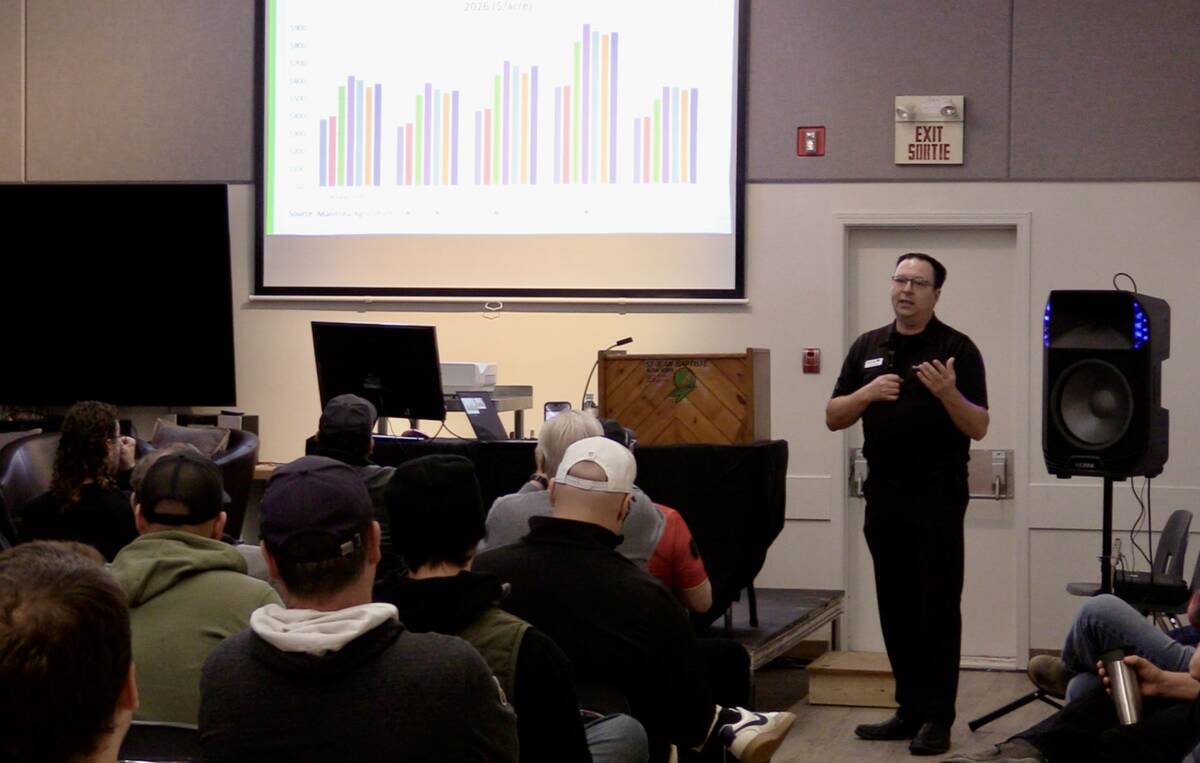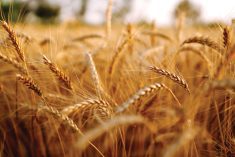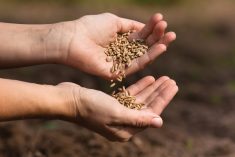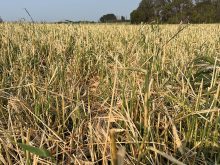Manitoba’s organic crop insurance and organic regulation and enforcement land the province about in the middle in Canada, according to a new Canadian Organic Trade Alliance (COTA) report.
Recent overhauls of Manitoba Agricultural Services Corporation’s (MASC) organic crop insurance programs have led to “significantly larger payouts” while adding more crops to the program,” said COTA in its 2021 ‘State of Organics’ report, released this February.
“However, the program charges a premium for coverage of organic crops and pays out at very low yields,” it added.
Read Also

VIDEO: Farmer inflation double that of other Canadians
Darren Bond with Manitoba Agriculture says farm inflation is hitting Manitoba producers as high as 50 per cent over the past five years.
COTA gave Manitoba organic crop insurance three out of five stars.
Organic farmers often don’t have the same support systems as conventional growers.
Manitoba’s organic crop insurance scored ahead of Ontario, B.C. and Atlantic Canada, but fell behind Saskatchewan and Quebec.
Saskatchewan scored high for premiums and coverage that reflects current market and production information, which has resulted in insured prices increasing and average premium rates decreasing which the report says better aligns the insurance program with current organic risks.
Manitoba also got three stars for its organic regulation and enforcement.
The report highlighted Manitoba’s new producer checkoff regulation, which came into effect in August. It also mentions that Manitoba has had the Organic Agricultural Products Act since 2013. This aligned it with the federal definition of ‘organic.’
This puts Manitoba ahead of Saskatchewan, Yukon, Ontario and Newfoundland. However, Manitoba scored behind B.C., Quebec, Nova Scotia and New Brunswick.
Among B.C.’s accomplishments include regular meetings between the minister of agriculture, food and fisheries and the organic sector to understand needs and concerns. The term ‘organic’ has been a protected label in B.C. since 2018, which producers may use if they hold organic certification through the B.C. Certified Organic Program or the Canadian Organic Regime.
Manitoba scored poorly in production and market supports.
The report noted that, “Manitoba has an enviable export trade program second only to the Saskatchewan Trade and Export Partnership (STEP).”
Manitoba Agriculture works directly with organic buyers and sellers to facilitate sales, the report said. However, the Manitoba government has “significantly” reduced its investment in organic-specific activities since 2017.
In terms of production supports, COTA noted several Manitoba Organic Alliance (MOA) initiatives including a ramp-up of its producer extension program, and its recently launched grazing exchange.
“There would be little organic-specific programming in the province without Manitoba Organic Alliance actively pursuing funding and providing co-ordination and oversight,” the report says.
COTA scores Manitoba one star in data collection — the province doesn’t collect stats on organic production or sales.
The report also grades Manitoba government staff resources dedicated to organic needs as “sufficient.”
COTA issued Canada-wide recommendations for the organic sector. These include significant upgrades in the collection of organic data.
“In Canada, data is not even available to verify an operator’s organic compliance much less to evaluate opportunities, risk or trends within the marketplace,” it said.
To that end, COTA called for greater data collection on organic through Statistics Canada and other initiatives to increase and improve data collection.
COTA also called for Agriculture and Agri-Food Canada to establish a national organic transition program to help farmers move from conventional to organic production.
Only three per cent of domestic farmland is certified organic despite the economic promise of organics, and the sustainability benefits, COTA said.
The report also recommended a new Canada organic program that would oversee all parts of the value chain; expansion and realignment of organic standards; more market development, processing and distribution infrastructure; and enhancement of organic business risk management tools.















